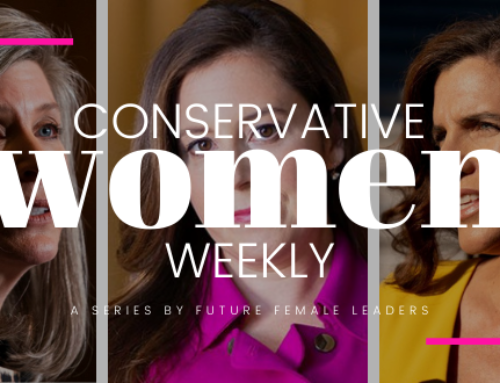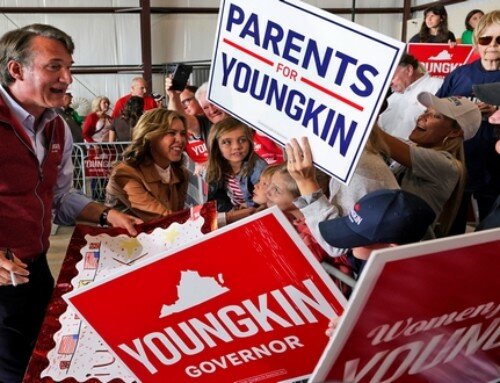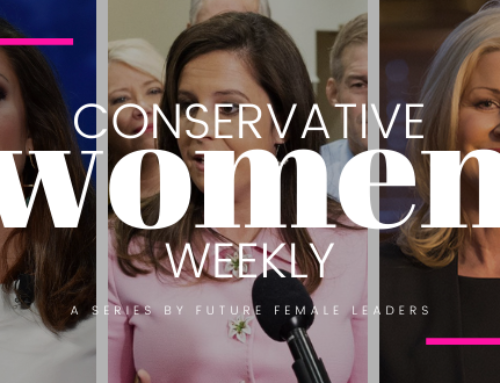The conservative’s movement’s hatred for big government is something that is well known and borderline iconic. Speakers like Glenn Beck leads chants on stage that big government sucks, and the left mocks us for using the concept of big government as a “boogeyman”. Unfortunately for the left, no amount of idolizing and re-painting big government as a savior of the people can hide the hard evidence of the contrary. This is exactly what the AB5 piece in California is. It is hard evidence of why big government is something to fear and be wary of no matter how it is portrayed by Democrat elected officials.
The California Assembly Bill, most commonly known as “AB5”, is a perfect example of why even the most well-intentioned efforts of big government can end in horrible economies and censorship. The bill put forward by Assemblywoman Lorena Gonzalez was meant to reclassify the workers in the gig economy to make them be considered employees that legally are obligated to get protections, benefits, and be considered under minimum wage laws. These workers included contract workers in the music industry, freelance writers, and ride-share app drivers. It was touted by its creator as the biggest protection and defense of workers possible. Then, it was championed by multiple news outlets as a heroic and progressive move. This positive outlook on the piece fueled by the usual rhetoric of the left would prove idealistic at best and horrifically misleading at worst once the realities of the piece began to be felt.
The AB5 piece would end up having a domino effect on multiple industries and incomes. For example, the 40 year old Lake Tahoe Musical festival shutdown this year because they were incapable of meeting the bill’s requirements for all their workers along with the cost of the event. The bill began trending again when only a last minute appeal win stopped Uber and Lyft from shutting down usage of their apps in the state in August of 2020. Even hundreds of writers for Vox Media were laid off in preparation for the bill going into effect. These closures don’t just harm the businesses themselves and it’s workers but also closely impact the people who use the services.
For example, ridesharing apps like Uber and Lyft have helped all types of people from drunk college students who can get a safe ride home to making travel more accessible for those with disabilities and other conditions. Beyond what they do for customers, they also allow for their drivers to be able to make extra money on their own flexible schedules along with offering opportunities for them to get degrees through extra programs for the number of miles they’ve driven with the app. The fact that these apps would have and still could end up shutting down completely in the state was frightening and upsetting for most Californians. It was this aspect of the bill that has garnered the most mainstream attention. It is just one part though of many other issues this piece has caused.
We should all know by now that government at all levels is bureaucratic, slow, and full of step by step processes that must be done before anything can be official. One of the most criticized aspects of this AB5 piece was an article cap on free-lance writers. It stated that to still be considered independent contract workers writers had a limit of 35 articles per punitive employer. This specific part has had blue checkmarks in California shaking their head due to the income hits and confines they have had to face because of it. Publications that toted the bill as something great would end up speaking of the horror of this clause and even lay off hundreds of writers themselves. There is an attempt to amend the bill and change the cap to in the words of the creator, “provide some relief but it has been caught up in the processes of government. The freelance writers of California have been waiting for months since February for this “relief” to come to their wallets and livelihoods, and because of how hard it is for big government to adapt they will be waiting into September for that. It would seem like it possibly couldn’t be getting any worse than the above problems stemming from this bill, but it can always get worse with big government.
Unfortunately, the tale of this bill still hasn’t come to an end. Social media has given citizen’s the ability to interact with their elected officials right from their phones. Now all the way up from President Trump to all the way down the ladder to your local council person, you can get online and comment on the tweets and posts they make to let your voice be heard. Conversations on censorship by these accounts have even made their way to the court systems. With all that in mind, it becomes shocking to know that the creator of the AB5 Bill, Assemblywoman Lorena Gonzalez has used Twitter’s newest feature to prevent her own constituents from being able to comment on her tweets. She has limited commenting to only those accounts that she follows, blocking almost all her constituents from being able to share their criticisms and concerns with her. Now her tweets average five or less comments by only those that agree with her.
This is just an example of how not only will big government attempt to ruin livelihoods, they will also censor you to prevent you from making your concerns and complaints on their public official accounts about it. Once you hand over power and control to these officials, they can make these decisions and then prevent you from criticizing these decisions. You are not an individual to them whose affected life matters, you are just a number in the population that they can tout for their tweets and headlines after the fact.
In conclusion, we all know the saying about roads paved with good intentions. For the citizens of California, the ill-thought out road of AB5 has led to mass move outs from the state, possible mass unemployment hanging over their heads, and a Twitter battle that they can’t even take part in due to censorship by their own elected official. These are the ramifications of big government. The promise of free services and higher wages will always sound perfect when coming from an elected official’s mouth, but the never-ending domino effect they can have on livelihoods and a state economy are far from the idealistic language used to sell them. California continues to present example after example for us on why big government sucks, and if we don’t bring attention to these examples they could spread to a national level.
Stormi R
CABINET











